Last Updated on July 24, 2022 by Mary Pressler
Reduce Air Conditioning Costs This Summer
In both homes and commercial buildings, air conditioners normally have a higher energy consumption than other types of electrical equipment. The effect is more pronounced during the summer, when space cooling becomes necessary for comfort, and especially if you are dealing with the scorching heat of summer in Texas. Ideally, you will want to keep your home at a comfortable temperature for the lowest energy usage possible.
These four recommendations can help you save money on your summer energy bill:
Consider that Texas electricity prices increase during summer, in great part due to the high power demand of space cooling systems. To complement efficient air conditioning, a fifth recommendation is to secure an electricity plan that protects you from summer price hikes:
- Quick Electricity’s fixed-rate energy plans guarantee a stable price for the entire duration of the contract.
- Our prepaid electricity plans are also viable, if you are willing to pay ahead for your power.
A well-insulated home reduces the cooling output needed, an efficient air conditioner reduces the electric power needed to provide that cooling, and a favorable electricity plan minimizes the cost of that electricity. Together, these measures allow you to have comfortable indoor spaces during summer while keeping your light bills reasonable.
Understanding Air Conditioner Efficiency
The efficiency of modern air conditioners is indicated by metric called the Seasonal Energy Efficiency Ratio (SEER), which is very similar to the gas mileage value of your car.
- Just like a higher MPG reduces your fuel consumption, a higher SEER reduces the running cost of your air conditioner.
- An air conditioner with a SEER of 26 uses half the electricity drawn by a SEER 13 unit, just like a 40 MPG car uses half the fuel required by a 20 MPG car.
Air conditioning efficiency should not be confused with cooling capacity, although both concepts are related. The cooling output is normally measured in tons or refrigeration or British Thermal Units (BTU) per hour, where one ton is equivalent to 12,000 BTU/h.
The SEER value indicates how many thousand BTU you get for every kilowatt-hour consumed. Consider the following example:
- You are comparing two AC units, both with a cooling output of 24,000 BTU/h (2 tons). However, one has a SEER of 13 and the other has a SEER of 20.
- The SEER 20 unit consumes 1.20 kWh for every hour of use (divide 24 by 20).
- The SEER 13 unit consumes 1.85 kWh for every hour of use (divide 24 by 13).
- You pay over 50% more for electricity if you use the SEER 13 system.
As you might expect, a higher SEER value comes with a higher price tag, but it can be considered an investment. With the intense summer heat experienced in Texas, an air conditioner upgrade can have a payback period of just a few months.
The following table can give you an idea of air conditioning expenses for various nameplate capacities and SEER ratings. The values are based on 100 hours of use, for a power consumer paying 12 cents per kilowatt-hour.
| CAPACITY | SEER 13 | SEER 18 | SEER 22 | SEER 25 | SEER 28 |
| 12,000 BTU/h | $11.08 | $8.00 | $6.55 | $5.76 | $5.14 |
| 18,000 BTU/h | $16.62 | $12.00 | $9.82 | $8.64 | $7.71 |
| 24,000 BTU/h | $22.15 | $16.00 | $13.09 | $11.52 | $10.29 |
Importance of Using the Right Air Conditioner Capacity
Everything is bigger in Texas according to an old saying, but over-sizing your air conditioner is a bad idea, and there are many reasons. First of all, a larger unit is more expensive, and extra capacity represents a waste of money. In addition, you will run into some performance issues if your air conditioner is over-sized: excessive humidity and a shorter service life.
We all know that air conditioners control temperature, but a much less-known fact is that they also control humidity.
- When the compressor is running, the unit is removing both heat and humidity from indoor areas.
- However, if the cooling capacity is too high, the unit cools the room very fast and the compressor is ramped down.
- Humidity is not removed effectively, and you end up with a room that feels like a refrigerator – cold and humid.
- This is bad for your health, not to mention that humidity stimulates mold growth.
Over-sized air conditioners also suffer from faster deterioration because of their shorter operating cycles. Modern units with smart compressors are better suited for partial loading, but you still have to pay more than necessary for an oversized system.
Undersized installations are also wasteful, since they run longer and drive up your expenses. In cases where the unit is drastically undersized, reaching a comfortable temperature may be impossible.
Effective Use of the Thermostat
On a hot summer day, it’s tempting to use your air conditioner with the lowest temperature setting and the highest fan speed. However, this represents a waste of energy – to save on cooling expenses, use the highest temperature setting that feels comfortable.
Consider that air conditioner efficiency is calculated assuming an indoor temperature of 80°F (26.7C), and there is a slight drop in performance for every °F below this value. Instead of setting the thermostat at 65°F, try a value closer to 80°F.
If you purchase a smart wireless thermostat such as a Nest, you can save even more on electric bills. These devices can communicate through WiFi with compatible air conditioners, and they can adjust the thermostat in real time to save electricity. You can program schedules into a smart thermostat, and you can even set them on automatic mode, where they “learn” your habits and adjust the temperature accordingly.
Reduce Energy Costs with a Nest Thermostat
Importance of Home Insulation and Air-Tightness
You can have a high-efficiency air conditioner, correctly sized and controlled by a smart thermostat, but there will still be energy waste if your home cannot keep the heat outside effectively. If your home has a constant flow of outdoor heat, your air conditioner works against it all the time, consuming additional electricity.
Other than the heat generated internally by persons, lighting and home appliances, there are two main ways in which outdoor heat can enter your building:
- Across poorly-insulated walls, rooftops or other building surfaces.
- Through air leaks, commonly found around window and doors.
If you perform an energy audit of your property, consultants can easily identify these issues and propose solutions. Air leaks can be controlled easily with the following measures:
- Applying caulking for air leaks on fixed surfaces.
- Applying weatherstripping for air leaks on moving surfaces like the edges of doors.
Improving insulation can be trickier. Some commercial solutions are affordable, but others are quite expensive. Perhaps you have heard of double-pane or triple-pane windows that reduce heat transfer- they are very effective but the upgrade is expensive and disruptive.
- These windows are excellent in new properties, where nothing has been built yet. They are simply an incremental expense beyond the normal windows you were going to install anyway.
- Consider storm windows on top of your normal ones in existing properties, which provide a more affordable way to create an air barrier.
If you improve the insulation and air-tightness of a property before upgrading the air conditioner, it may be possible to use a smaller unit thanks to the reduced cooling load. Your savings are enhanced in this case, since you are using a unit that has a higher efficiency and a lower capacity than your previous system.
In Conclusion
An air conditioner upgrade is a very effective energy efficiency measure, but you have to make sure you are using the right capacity for the area you need to cool. To achieve the lowest cost possible, make sure your property is well insulated and free of air leaks, and get a favorable electricity plan before the highest summer prices hit the market.
Like this article? See more like it on our Quick Electricity Blog.
Leave a Reply
Want to join the discussion?Feel free to contribute!


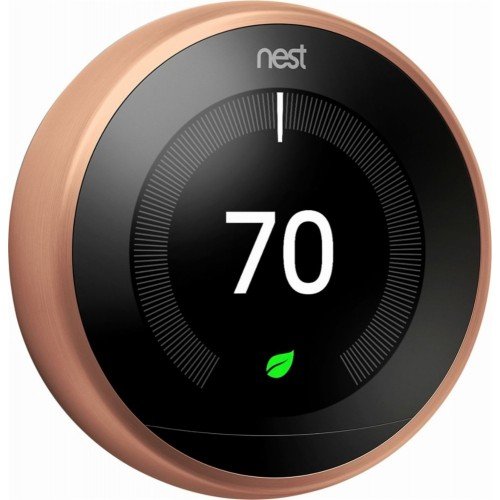
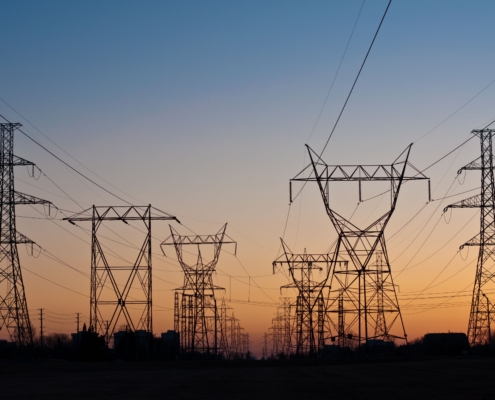
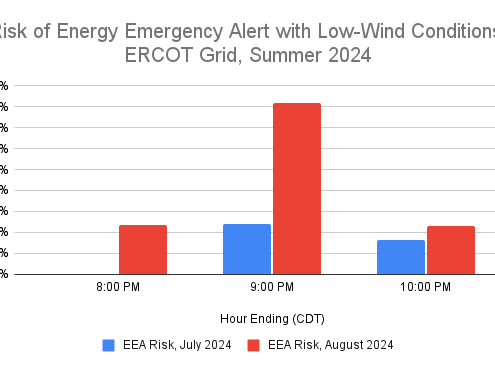



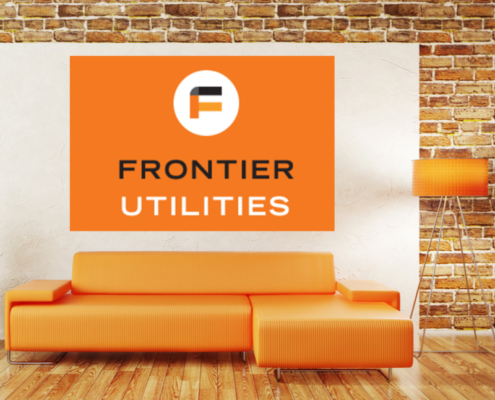


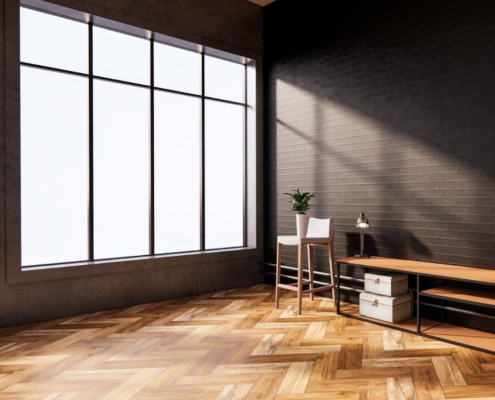
My AC is not producing enough cool air, and that is why I’ve decided to look for an experienced HVAC contractor. I also agree with you that preventive maintenance. Thank you for hiring the importance of considering costs first.